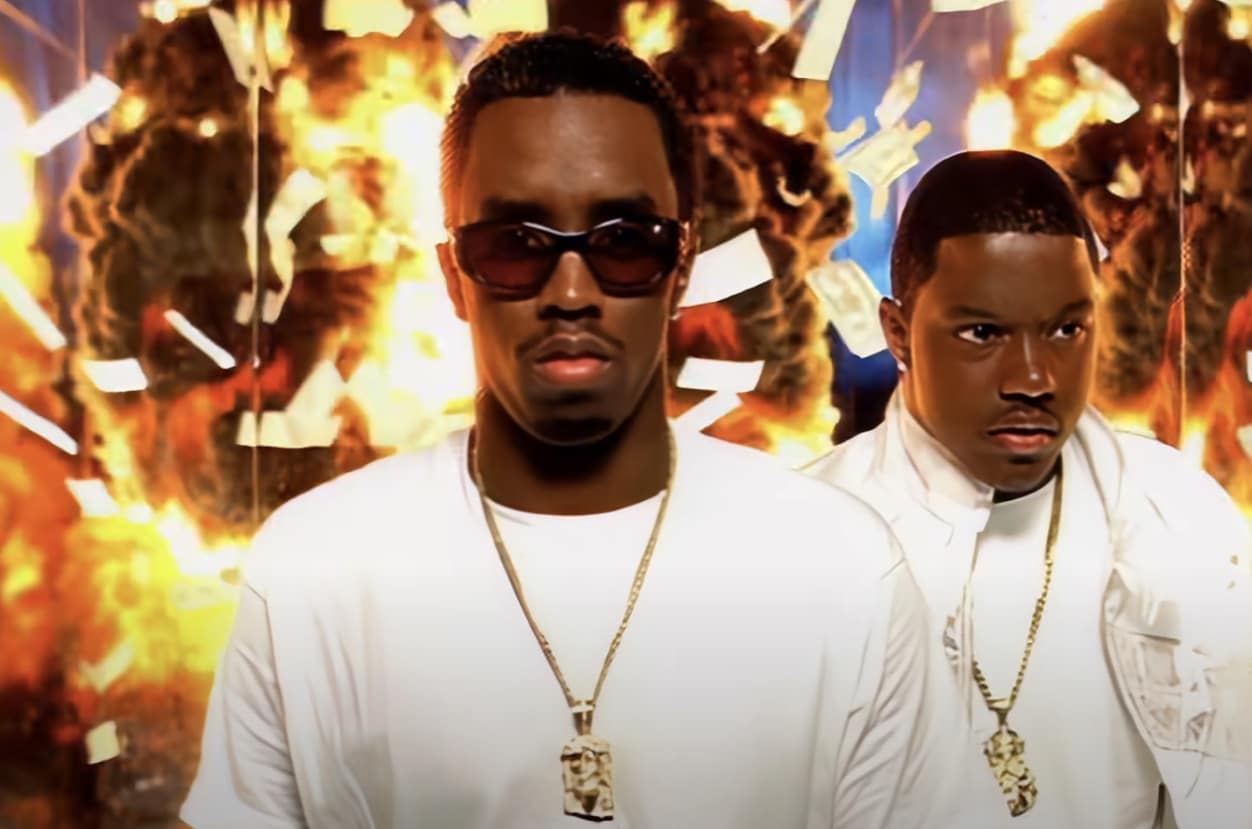Revisiting ‘Lovecraft Country,’ Five Years Later
HBO Max’s ‘Lovecraft Country.’ (2020) By Okla Jones ·Updated October 20, 2025 < /> Getting your Trinity Audio player ready… For as long as I can remember, I’ve been drawn to television. I become enamored with stories that let you disappear into other worlds, and make the impossible feel close enough to touch. But in [...]

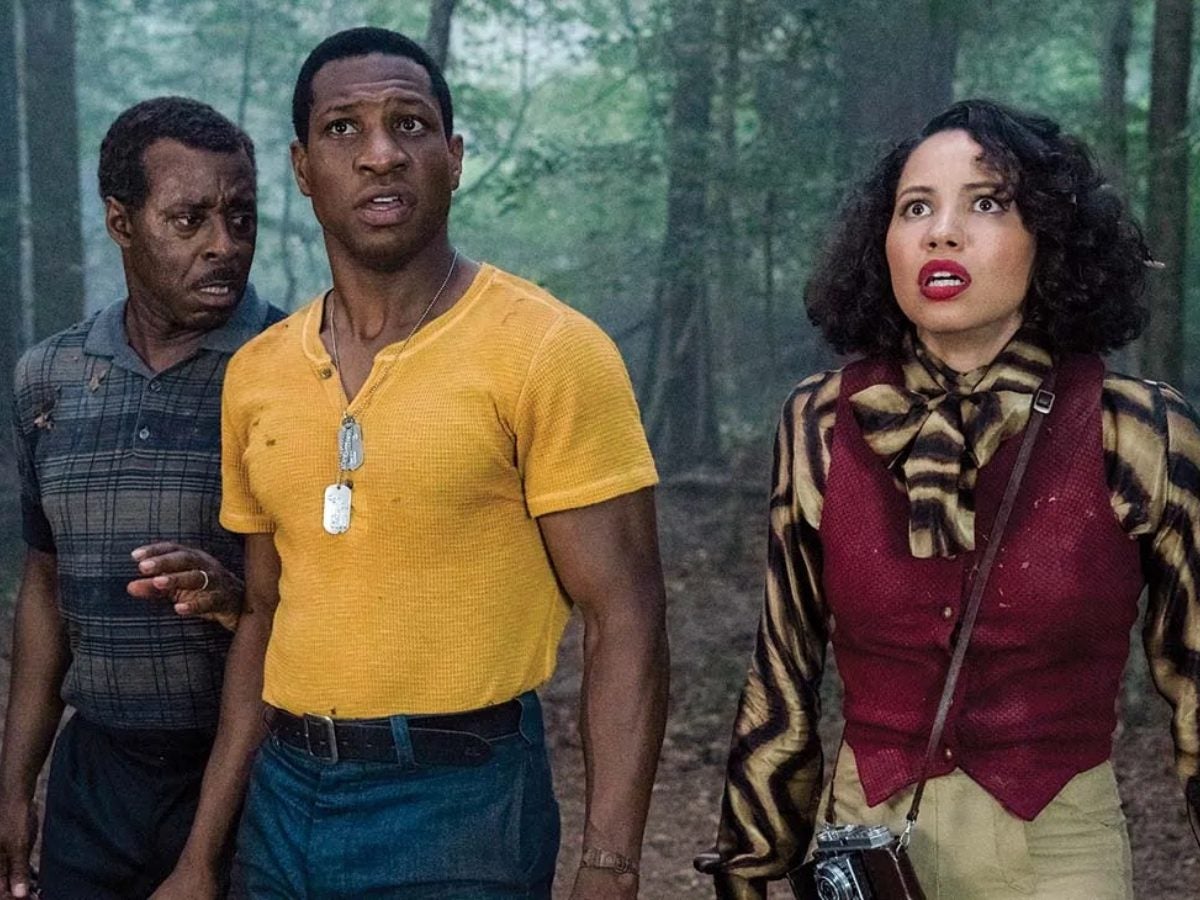 HBO Max’s ‘Lovecraft Country.’ (2020)
HBO Max’s ‘Lovecraft Country.’ (2020) For as long as I can remember, I’ve been drawn to television. I become enamored with stories that let you disappear into other worlds, and make the impossible feel close enough to touch. But in no period of my life was more consumed with screen time than the early months of the pandemic. Like millions of others, I found comfort in binge-watching: old favorites, hidden gems, and new shows. Personally, there was one series that towered above the rest during that time—it was HBO Max’s breakout hit, Lovecraft Country.
Premiering on August 16, 2020, and concluding its run exactly five years ago on October 18, Misha Green’s brainchild was unlike anything I had seen before. Adapted from Matt Ruff’s novel and executive-produced by Jordan Peele and J.J. Abrams, it centered on Atticus “Tic” Freeman—masterfully portrayed by Jonathan Majors—a young Black war veteran who travels through 1950s Jim Crow America in search of his then-missing father (Michael K. Williams). Accompanied by his childhood friend Leti (or Letitia F****n Lewis—if you know, you know) and his uncle George (Courtney B. Vance) and Aunt Hippolyta (Aunjanue Ellis-Taylor), Tic’s journey unearths monsters both human and supernatural, ruthless sheriffs, ancient cults, and the lingering ghosts of this country’s checkered past.
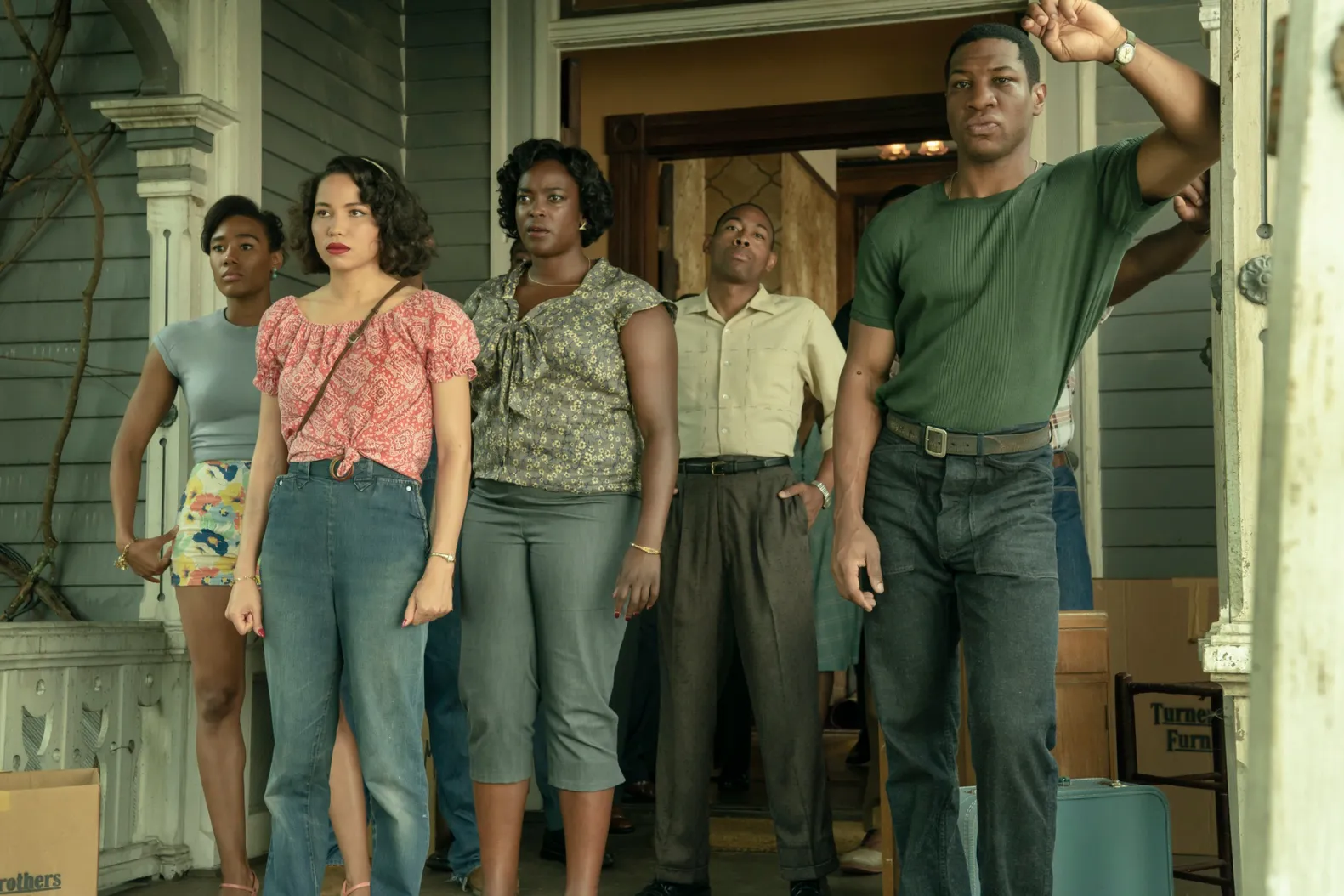 Misha Green’s ‘Lovecraft Country,’ (2020). Courtesy of HBO Max.
Misha Green’s ‘Lovecraft Country,’ (2020). Courtesy of HBO Max.
What was special about the series was that it used horror as metaphor. It flipped H.P. Lovecraft’s imagination inside out, reclaiming the genre for a contemporary audience. Each episode merged Black history and speculative fiction—from the Tulsa Race Massacre, sundown towns, and ancestral magic—into a riveting adventure that just you couldn’t take your eyes off of. Lovecraft Country proved that a Black story doesn’t have to exist within narrow boundaries. It showed that when told with truth and imagination, our experiences can resonate universally, transcending race, nationality, and genre alike.
Despite critical acclaim, a devoted audience, and countless award nominations (including 6 Primetime Emmy nods) HBO ended Lovecraft Country after just one season. Plans for a second installment were already in motion, but before any of it could materialize, the network pulled the plug. Sadly, this show’s fate wasn’t unique; it was part of a long lineage of Black shows cut off before they could reach their full potential. In the mid-’90s, Nickelodeon’s My Brother and Me burst onto the scene with laughter and many memorable moments (Dee Dee’s “Hit Me!” chant still resonates with millennials to this day), but thirteen episodes later, it was gone. In the years that followed, promising titles like City of Angels, 61st Street, and Kindred met similar ends—some victims of low promotion, others of corporate restructuring or “creative differences.”
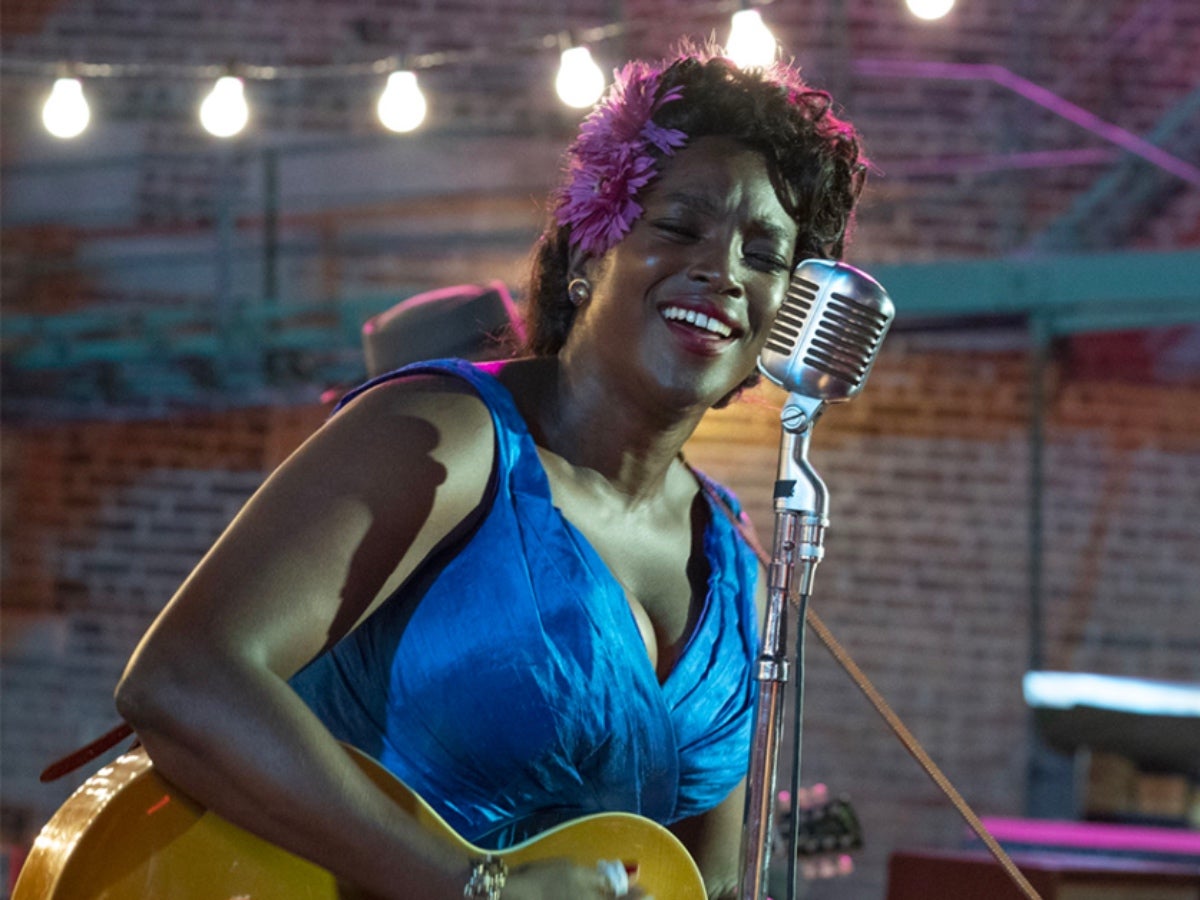 Wunmi Mosaku as Ruby Baptiste in HBO Max’s ‘Lovecraft Country.’ (2020)
Wunmi Mosaku as Ruby Baptiste in HBO Max’s ‘Lovecraft Country.’ (2020)
Even recent critical darlings haven’t been spared. The reimagined Wonder Years on ABC was one of the most heartfelt shows on television. This warm, sharply written coming-of-age story set in 1960s Montgomery, Alabama was narrated by Don Cheadle, and starred EJ Williams, Dulé Hill, and Saycon Sengbloh. It offered a rare blend of humor, history, and emotional honesty. Created by Saladin K. Patterson and produced by Lee Daniels, it tackled race and adolescence through a truthful lens. Yet despite rave reviews, it was canceled after only two seasons, serving as another example of a Black-led series denied the chance to grow.
There’s an unfortunate pattern that continues to rear its head. Shows built by Black creators often bear an invisible expiration date, and are expected to prove their worth faster, perform higher, and resonate broader than their peers. They’re frequently positioned as “representations” rather than explorations, burdened with speaking for an entire culture instead of simply telling a story. When they do achieve excellence, it isn’t always rewarded with longevity.
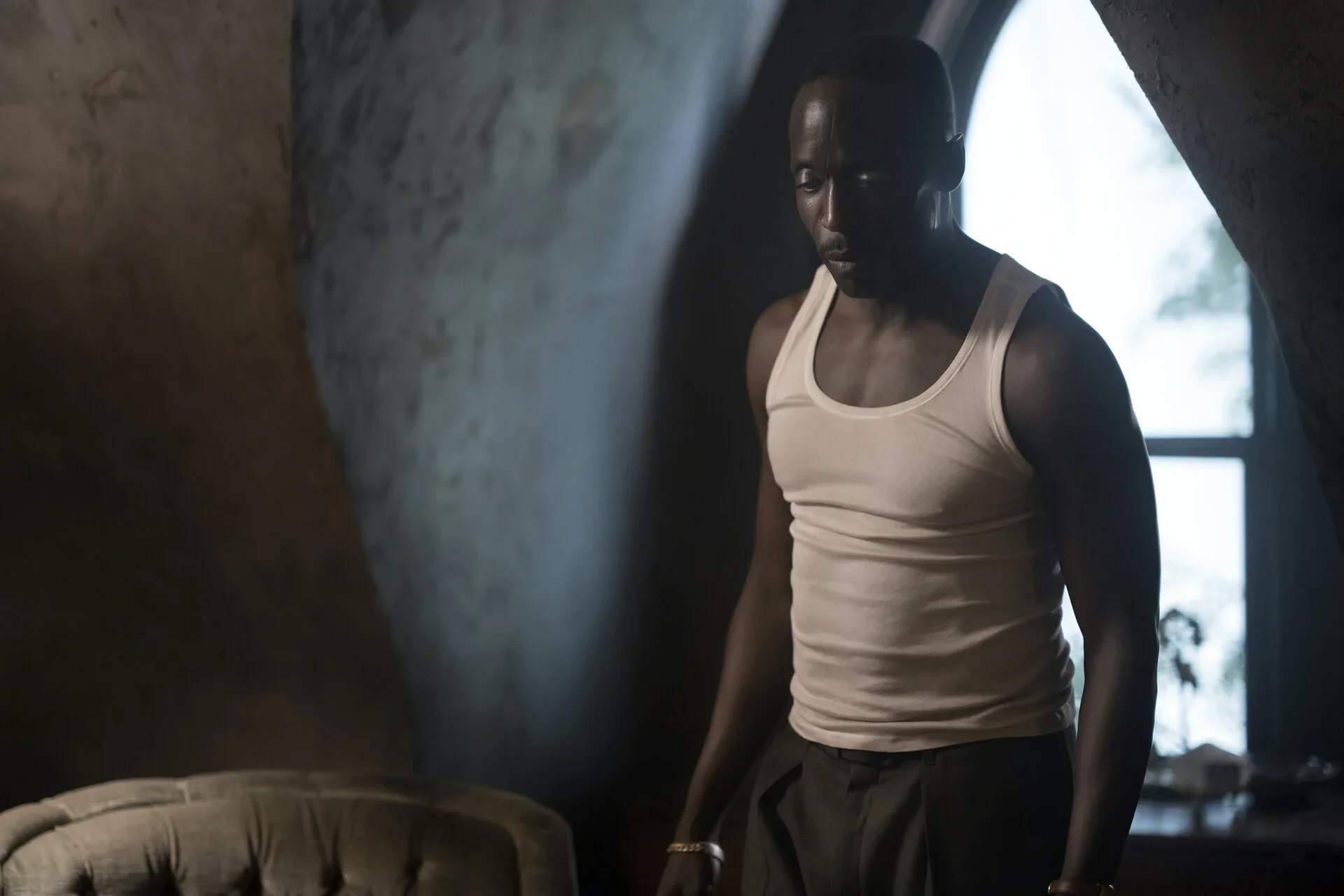 Michael K. Williams in HBO MAX’s ‘Lovecraft Country.’ (2020). Courtesy of HBO Max.
Michael K. Williams in HBO MAX’s ‘Lovecraft Country.’ (2020). Courtesy of HBO Max.
Five years later, Lovecraft Country’s impact is still being felt. It’s the kind of series that reminds us what television can be when given freedom to evolve. But, its abrupt ending remains a cautionary tale about the fragility of opportunity for Black storytellers within an industry that still measures risk differently for us. Even in its brief tenure, though, the series opened a door to new possibilities, proving that horror could be a vessel for history, that science fiction could be soul-deep, and that Black imagination is infinite.
TOPICS: Black TV Shows hbo Jonathan Majors jurnee smollett lovecraft country
The post Revisiting ‘Lovecraft Country,’ Five Years Later appeared first on Essence.
Share
What's Your Reaction?
 Like
0
Like
0
 Dislike
0
Dislike
0
 Love
0
Love
0
 Funny
0
Funny
0
 Angry
0
Angry
0
 Sad
0
Sad
0
 Wow
0
Wow
0







